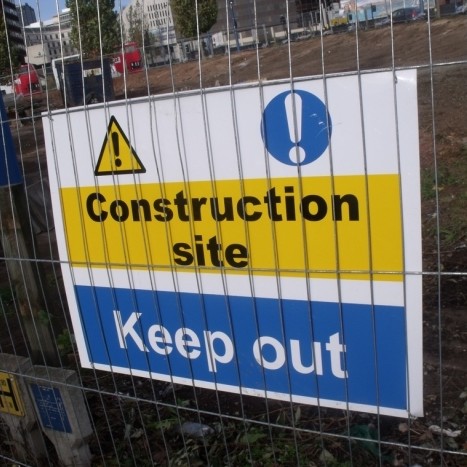
Chancellor George Osborne has delivers his 2016 Budget, drawing a decidedly mixed response from industry.
The Chartered Institute of Building (CIOB) described the Budget as business-friendly, particularly for small and medium-sized enterprises.
Eddie Tuttle, Principal Policy and Public Affairs Manager at the CIOB said: “Around 600,000 SMEs will benefit from having to pay no business rates at all, while 250,000 SMEs will pay reduced rates. These measures, on top of greater support for the self-employed, make positive reading for the many SMEs and microbusinesses active in the construction sector.
On apprenticeships and skills, Tuttle stated: “With output in the construction sector forecast to grow annually at a rate of 2.9% until 2030, employers must be given the confidence to engage with the government’s Apprenticeship Levy and invest in workplace training. We believe the target of delivering three million apprenticeships by 2020 is a tall order for industry and are clear that quality must not be compromised in the interests of numbers. However, it was disappointing to not receive further clarity on the Apprenticeship Levy and how this will work alongside the existing CITB Levy."
On the decision to invest £300m on infrastructure he said: “The UK’s infrastructure is comparatively poor for a developed country with expenditure well below what is currently needed. With more people using our transport network and public services than ever before, we welcome the Chancellor’s pledge to increase investment in the sector.
On Building Information Modelling (BIM) announcements, Tuttle said: “We are pleased with the government’s commitment to continue to develop the next digital standard for the construction sector – BIM Level 3 – to help save owners of built assets billions of pounds a year in unnecessary costs and maintain the UK’s global leadership in digital construction. BIM Level 2 becomes mandatory on central government contracts from 4 April 2016 and CIOB is continuing to inform and educate companies and their workforces on the benefits BIM brings.
Finally, he said: “The Budget’s repeated mentions of concerns over the UK’s productivity growth are echoed by CIOB; we will be producing research in May 2016 with the aim to broaden understanding of construction productivity, as well as provide proposals to improve it, among key decision makers across government and industry.”
However, the Budget may prove to be a missed opportunity in the Government’s race against time to meet its own housing targets, the Federation of Master Builders (FMB) has warned.
Brian Berry, Chief Executive of the FMB, said: “The Government has set itself a target of a million new homes by 2020. That is rightly ambitious, but the continuing gap between what’s being built and what needs to be built makes hitting that target more difficult by the day.
"Official statistics show that annual housing completions in England totalled just over 140,000 in 2015, a long way short of the 200,000 homes we need every year to hit one million. We are nearly 12 months into the current Parliament and the Government is already falling well behind on its targets.
"We recognise that the Government is working on a number of fronts to speed up the planning process and intervene to support first time buyers, and some of the measures in today’s Budget are welcome steps forward. Yet these announcements are limited in scope and won’t signal the step change that we need to see. We cannot afford to lose momentum in the battle to beat the housing crisis.”
Richard Abadie, PwC transport and infrastructure partner, welcomed the funding announced for further analysis of the Trans-Pennine tunnel, HS3 and Crossrail 2.
"This should help provide clarity around the commercial, technical and environmental feasibility of the projects," he said. "Nonetheless, there is still a long way to go on these projects and it would be misleading and premature for anyone to think they have either been approved or are proceeding. Like with any mega-projects, these three projects have significant hurdles to overcome and this will take time.
“In recent years we’ve seen a growing trend towards complex transport mega-projects which are expensive to procure, difficult to manage and govern and limit the ability to transfer risk away from the taxpayer and user to the suppliers.
“This shift also disadvantages small and medium enterprises (SMEs) which struggle to participate in these kind of mega-projects. Properly managing the supply chain and affording proper competition is critical to broad-based wealth creation and economic growth.
“The long lead time on mega-projects also means announcements now don't lead to job creation and economic growth any time soon, nor does the Treasury need to set aside substantial money to pay for the projects in the current parliament.
“So, in the round, what we have is a little money to further project assessments, but limited hard and fast commitment to delivering the projects nor any significant near term economic impact.”




















